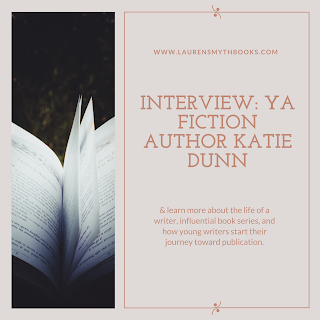Studying, Writing, & Working: Writing Through the Busyness
As of about two (or was it three?) months ago, I'm a college student, which means I'm unfamiliar with the elusive concept known as "free time." I spend most of my days attending classes, doing homework, and working in my school's marketing department. Occasionally I play tennis. Occasionally I buy a new cactus (I've gotten two so far; one was purchased from a man in a tricornered hat, which makes it that much cooler). Occasionally I listen to the proverbial libertarian vs. socialist debate in the cafeteria. Occasionally I sleep.
But what I often find myself not doing is the thing I love most - writing. I attend the creative writing club - in fact, I'm a fully-fledged member and can vote for the next president - but it can be hard to find time to write outside that group, which only meets for 1.5 hours per week. So what's a writer to do? Give up writing for four years? Skip class and accept straight C's on assignments?
No. Don't do either of those things. Instead, read on and discover the secret of being a busy, yet productive, writer!
1. Prioritize school. Succeeding in college can impact the rest of your life. Not writing consistently for a few weeks at a time can't. Be sure to get your necessary work out of the way before you start your "fun" writing. Not only will you ensure that you don't fall behind in your work, but you'll also feel better, and enjoy it more, when you finally do sit down to write for fun.
2. Don't forget to read. Every good writer needs to be well read. Maybe you're facing a day of really bad writer's block, or maybe you're just tired and need a break. Keep a few good books on your shelf for days like these so you can improve your skills without actually sitting down to write.
3. Maintain healthy physical habits. Sitting in front of a desk for hours at a time is exhausting. Counteract that mental tiredness by getting physically tired. This doesn't mean you need to go to the gym and deadlift 500 pounds - even a walk around the block could be all you need to get your heart rate slightly elevated and your endorphins flowing. Also, choose healthy food options. This can be difficult, especially when you're eating at a cafeteria and the choices are limited, but if you feel well, you'll be more likely to have the energy to write even after a long day of work and/or school.
4. Accept the need for breaks. Breaks are bad! Breaks are wasted time! Breaks prevent you from reaching your full potential! All wrong. Turn off the self-inflicted guilt! Make yourself some popcorn, curl up under a fuzzy blanket, and watch a good movie. Breaks are healthy - even necessary - as long as you don't spend all your time unproductively.
5. Turn writing into a side job. I write for my school's marketing department, which means I (sometimes) have coffee money, which means I can fulfill my true purpose as a writer:
... and write some more, and earn more coffee money, and start a never-ending cycle of coffee = writing = coffee. (Please refer back to Point 3 and don't overdo the caffeine.) Even if a traditional "job" isn't an option for you right now, there are still ways to earn money writing:
- Medium articles
- Fiverr freelancing
- Monetizing a blog with ads
- Entering competitions
- Self-publishing on Amazon
Having even a very small pecuniary reward can make writing feel a lot more fun and productive.
6. Find a writing buddy. This doesn't have to be someone who writes - it could simply be someone who sends you a slightly judgmental text every evening, demanding to know if you've written anything yet. Or it could be someone who likes to read your writing and nags you to give them more reading material. The point is - find someone who will motivate you to sit down and write, even when you're not sure you want to.
7. Schedule time to write. You might say: "I'm going to write every day at exactly 4:00 PM." Or you might be more like me and say: "I'm going to write on the weekends and some afternoons." Either way is fine - just make sure you set some increment of time each week where you know you'll be free to write.
8. Remember that all writing is writing. I'd prefer to write science fiction than college papers. But writing is writing no matter what you're writing. (Write that down on a Post-it and stick it on your wall - it's quite catchy.) A paper about how the Romans built their civilization is a story. A paper about how an amoeba died under your microscope is a story. In fact, almost all writing tells a story. And if it doesn't, you should consider reworking it so it does, because your reader doesn't want to read something you were bored writing! Remember my favorite three-word catchphrase, Write Real Colors, which means to write so descriptively and vividly that your readers can visualize what you're telling them about.
P.S. Since writing this article, I have discovered that I have caffeine intolerance. Am I really a writer?




Comments
Post a Comment